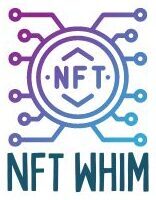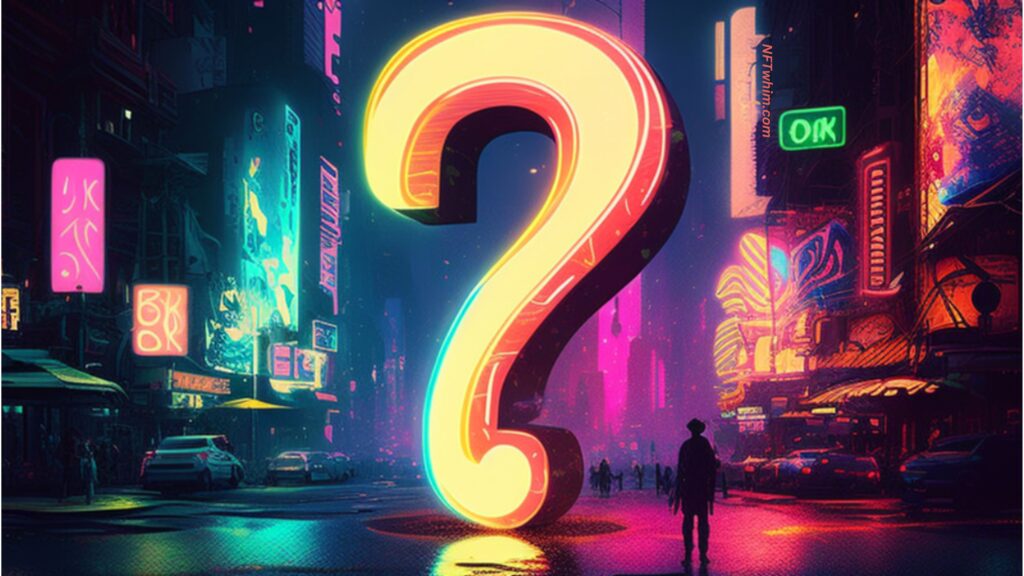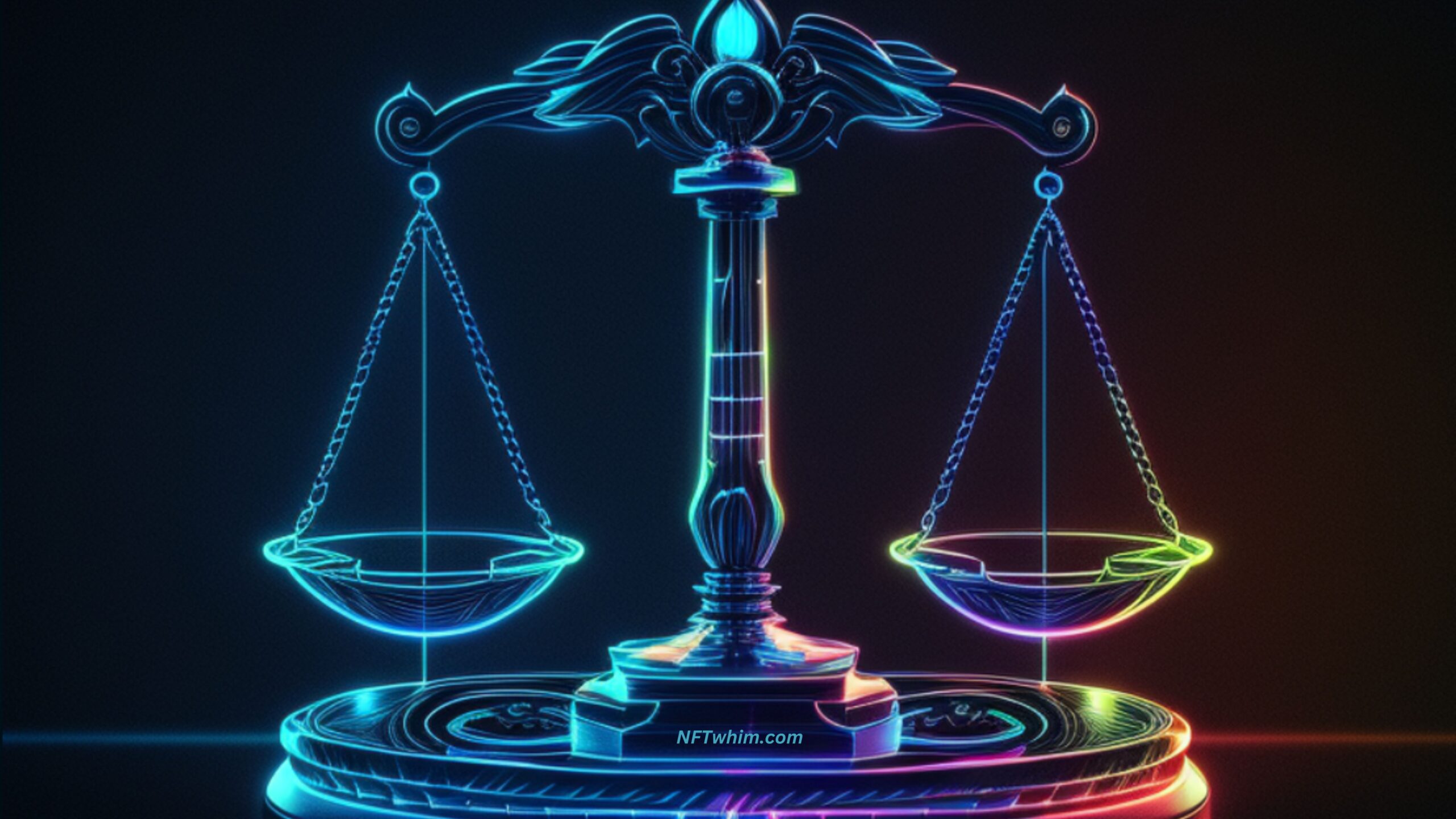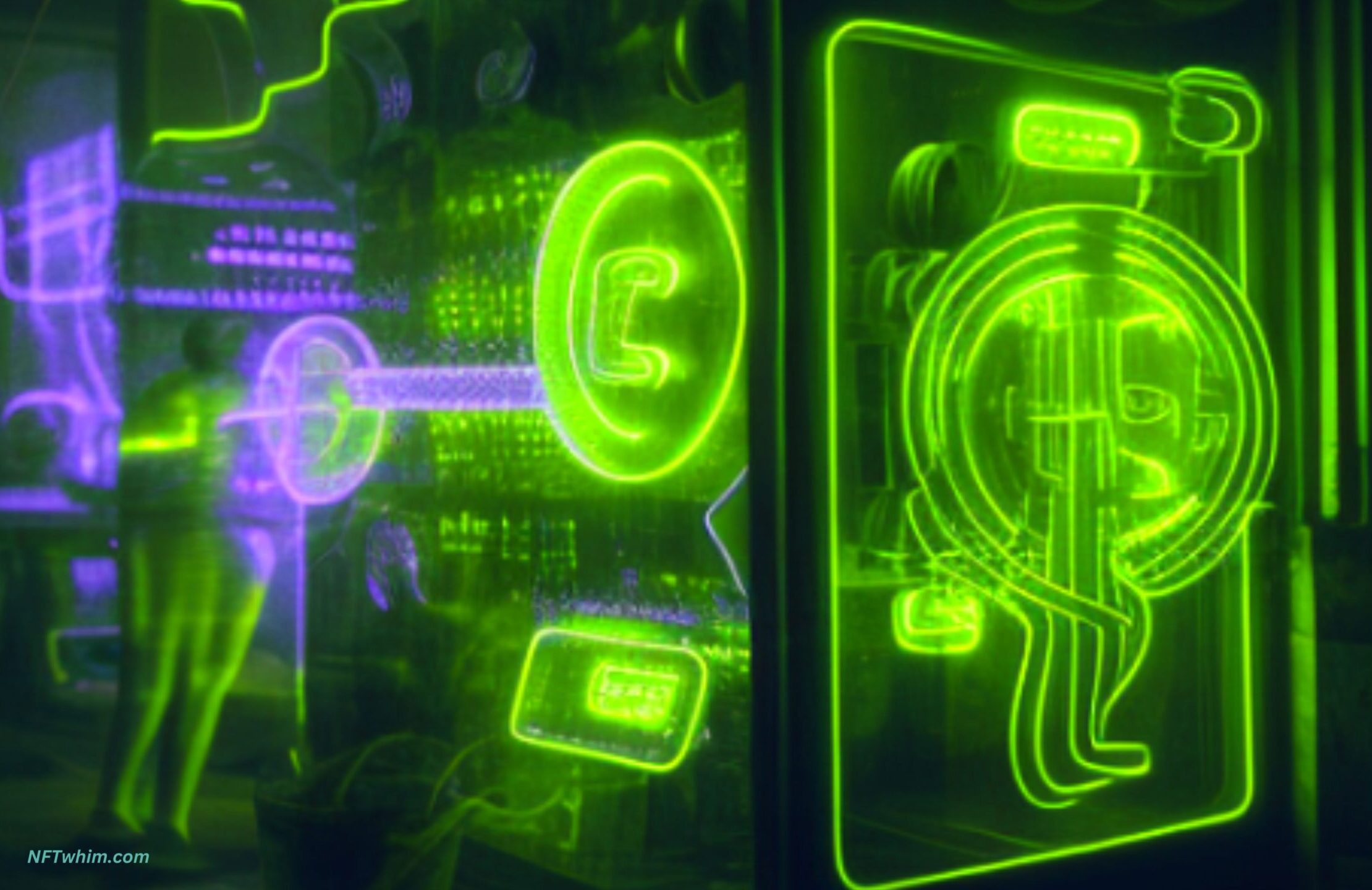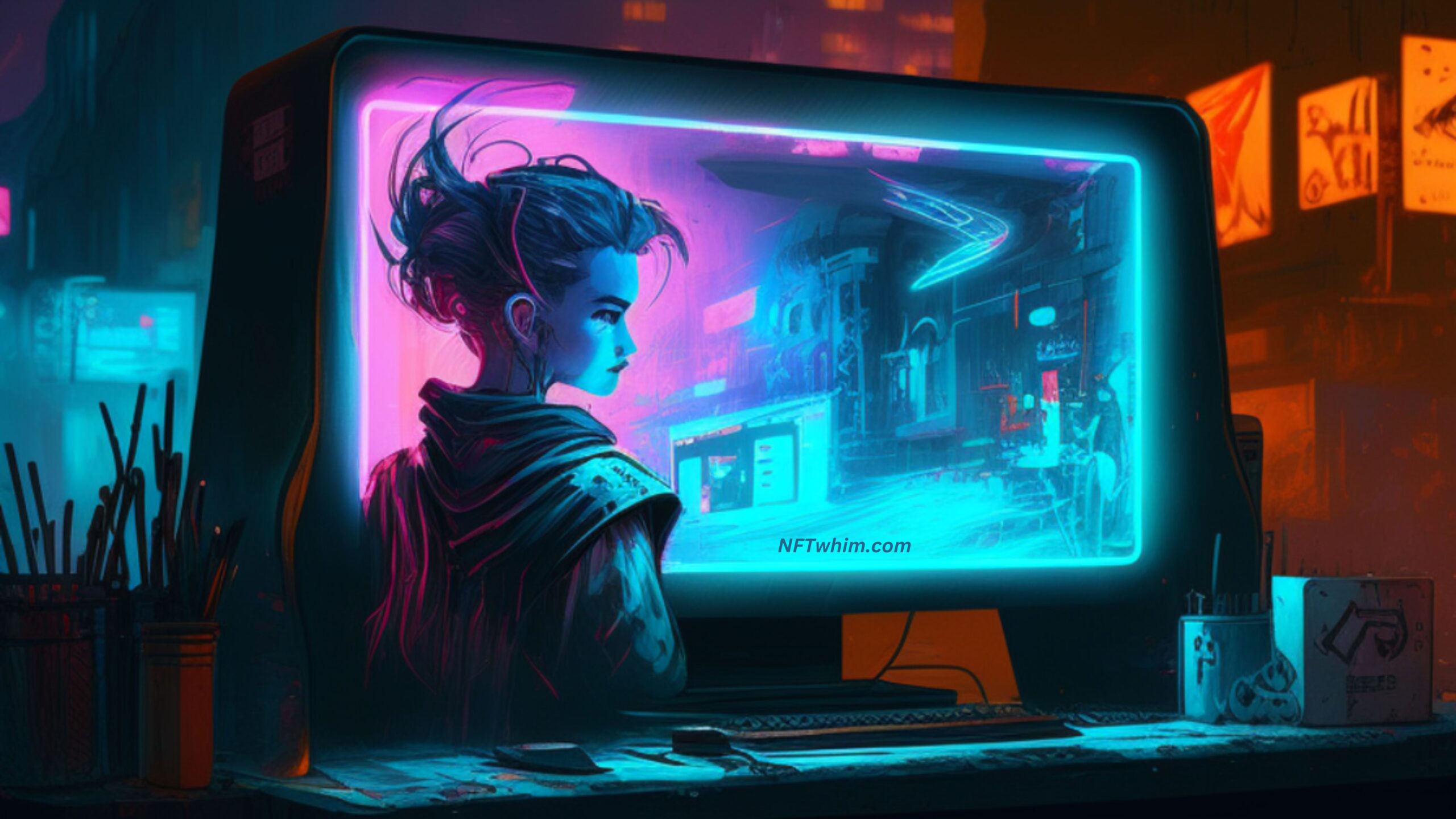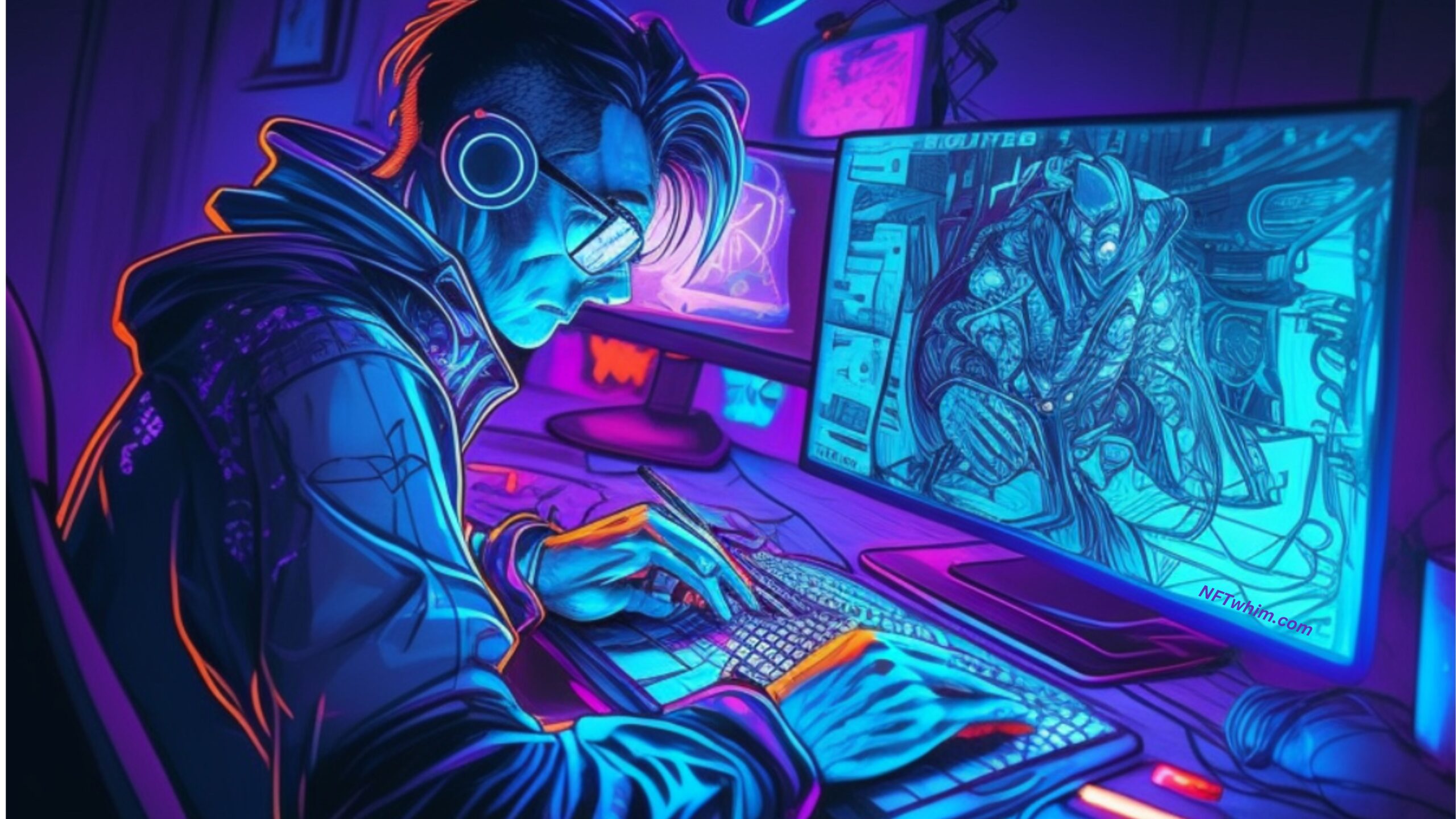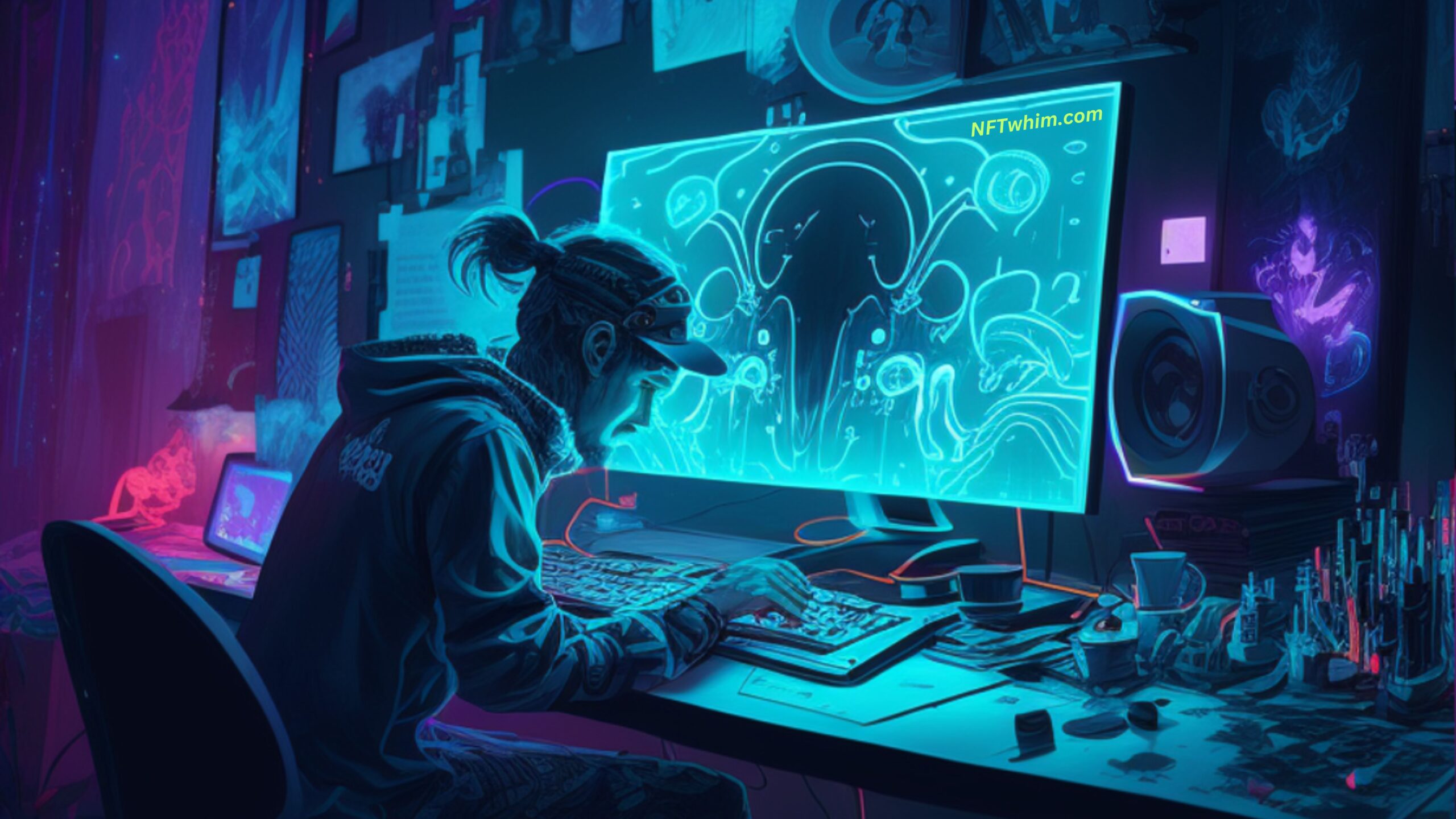As an artist, the concept of selling your artwork as a non-fungible token (NFT) can be both exciting and daunting. On the one hand, NFTs have become a hot topic in the art world, with many artists selling their digital artwork for millions of dollars. On the other hand, you may have questions about the legal implications of selling your artwork as an NFT, particularly when it comes to copyright ownership and the ability to sell prints of the same artwork.
In this article, I’ll explore the question of whether an artist can sell prints of their artwork after selling it as an NFT.
An artist can sell prints of their artwork after selling it as an NFT, provided that they have retained copyright ownership. If an artist decides to sell prints, they should consider setting limitations on the number of prints sold or the quality of the prints to ensure that they do not undermine the value of the NFT, and seek legal advice before selling their artwork as an NFT to protect their copyright ownership and intellectual property rights. Additionally, artists should familiarize themselves with copyright laws in their own jurisdiction, as the laws vary from country to country.
In the following, we’ll delve into the nuances of copyright law and NFT sales agreements to provide a more comprehensive answer to this complex question. Here are the topics we will cover:

Understanding Copyright
Before diving into the specifics of NFT sales, it’s important to understand the basics of copyright law. Copyright is a form of intellectual property protection that grants exclusive rights to the owner of a creative work. These exclusive rights include the right to reproduce, distribute, display, and perform the work.
As an artist, copyright ownership is a critical aspect of protecting my work and ensuring that I have control over how it is used and distributed. However, copyright ownership is not absolute, and there are circumstances where ownership can be transferred or licensed to others.
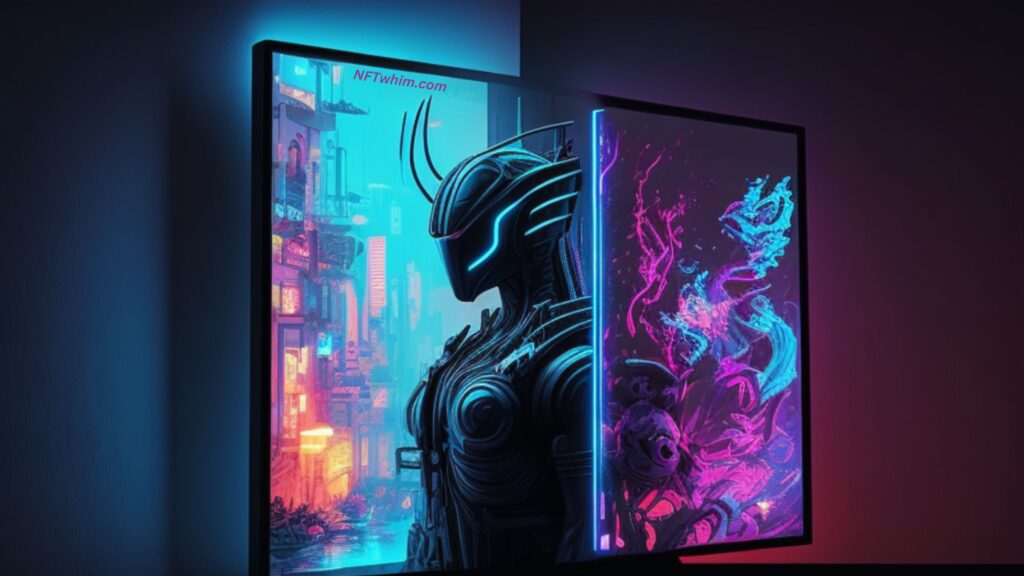
Copyright Ownership in NFT Sales
So, what happens to copyright ownership when an artist sells their artwork as an NFT? The answer is not straightforward and depends on the terms of the NFT sales agreement.
Many NFT sales agreements explicitly state that copyright ownership is not transferred to the buyer. Instead, the artist retains copyright ownership while granting the buyer non-exclusive rights to display and distribute the artwork. This means that the artist can still sell prints of the artwork, even after selling it as an NFT.
However, not all NFT sales agreements are created equal, and it’s important for artists to carefully review the terms of any agreement before selling their artwork as an NFT. Some agreements may include clauses that transfer copyright ownership to the buyer, effectively preventing the artist from selling prints of the artwork.
Smart contracts also play a role in NFT sales agreements. These self-executing contracts are built into the blockchain technology that underpins NFTs and can automate the transfer of ownership and other terms of the agreement. As such, it’s crucial for artists to understand how smart contracts work and how they impact copyright ownership in NFT sales.

Selling Prints of NFT Artwork
Assuming that an artist has retained copyright ownership after selling their artwork as an NFT, the question remains: can they sell prints of the same artwork? The answer is yes, but with some important caveats.
Non-Exclusive Rights
Firstly, it’s important to understand the concept of non-exclusive rights. Non-exclusive rights are granted to a buyer when copyright ownership is retained by the artist. These rights allow the buyer to display and distribute the artwork but do not prevent the artist from doing the same.
Ethical and Legal Implications
However, selling prints of NFT artwork can be a tricky proposition, particularly if the NFT has sold for a significant sum of money. Buyers may feel that selling prints of the same artwork diminishes the value of the NFT, and there may be legal or ethical implications to consider.
As such, it’s important for artists to carefully consider whether selling prints of NFT artwork is in their best interest. If they do decide to sell prints, they should consider setting limitations on the number of prints sold or the quality of the prints to ensure that they do not undermine the value of the NFT.
In addition, artists should carefully review the terms of the NFT sales agreement to ensure that they retain copyright ownership and are not infringing on anyone else’s intellectual property rights. Some NFT marketplaces may have specific guidelines around selling prints of NFT artwork, so artists should be aware of these limitations.
Potential Negative Impact on Secondary Market and Royalties
Another consideration when selling prints of NFT artwork is the potential impact on the secondary market. NFTs can be resold on the secondary market, and artists may receive a percentage of the sale price each time the artwork is resold. If an artist sells prints of their NFT artwork, it may impact the value of the original NFT and subsequent sales on the secondary market.
To mitigate this risk, some artists choose to offer limited edition prints of their artwork, with each print numbered and signed by the artist. This can create a sense of exclusivity and value for the prints, and may actually increase the value of the NFT in the long run.

Legal Considerations
Given the complexities of NFT sales and copyright ownership, it’s important for artists to seek legal advice before selling their artwork as an NFT. A lawyer can review NFT sales agreements and advise on the implications of selling prints of NFT artwork, as well as provide guidance on how to protect their copyright ownership and intellectual property rights.
It’s also worth noting that copyright laws vary from country to country, and artists should familiarize themselves with the laws in their own jurisdiction. For example, in the United States, copyright law provides for a doctrine called “first sale,” which allows the owner of a lawfully made copy of a copyrighted work to sell or otherwise dispose of that copy without the permission of the copyright owner. This means that an artist may be able to sell prints of their artwork, even if they have sold the NFT.
However, it’s important to note that the first sale doctrine may not apply in all cases, particularly if the artwork is sold internationally. As such, artists should seek legal advice to ensure that they are not inadvertently infringing on anyone’s copyright or intellectual property rights.
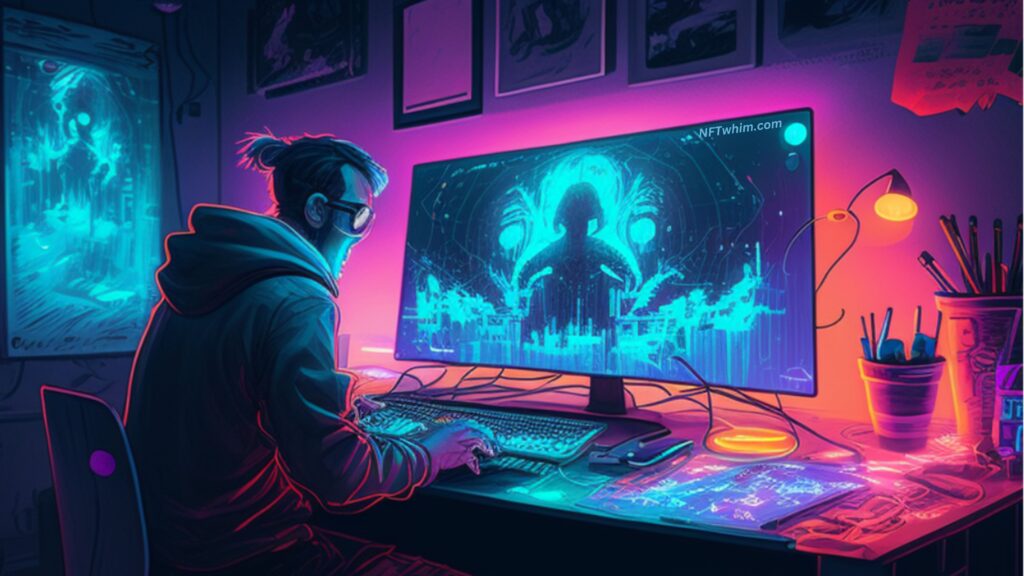
Final Thoughts
Selling artwork as an NFT can be an exciting and lucrative opportunity for artists, but it’s important to understand the legal implications before diving in. When it comes to selling prints of NFT artwork, the answer is generally yes, but it’s important to carefully review NFT sales agreements and seek legal advice to ensure that copyright ownership is retained and that the artist’s intellectual property rights are protected.
Robin
Author: Robin Olsson
Author Bio: I’m Robin and on this website, I share everything I’ve learned since getting into NFTs in 2021. I have a background in research and I’ve been in crypto for several years. You can read more about me here.
